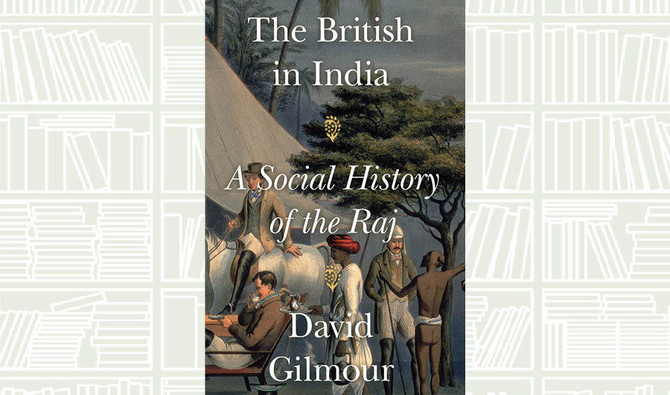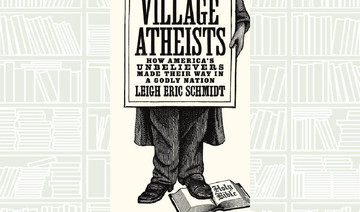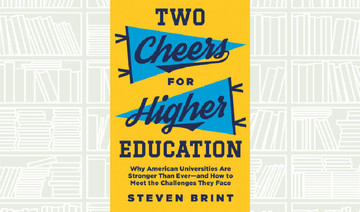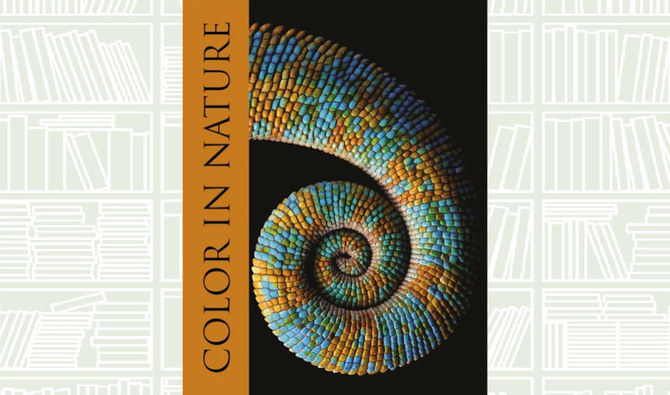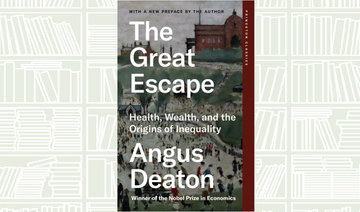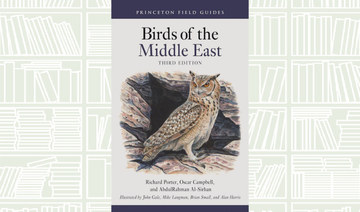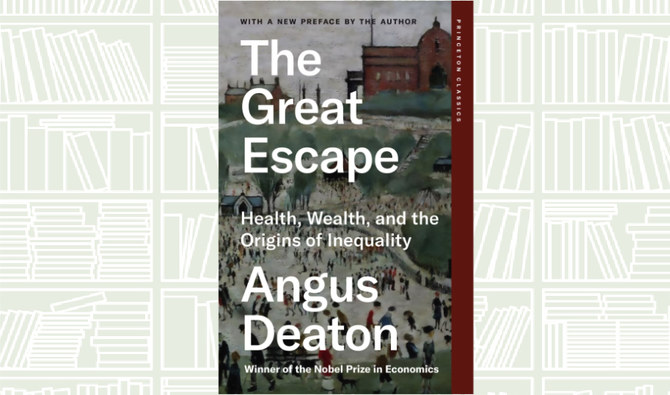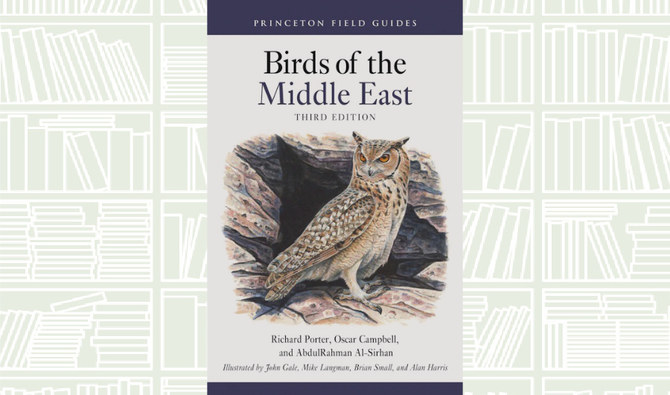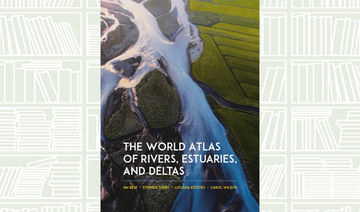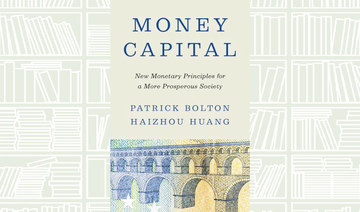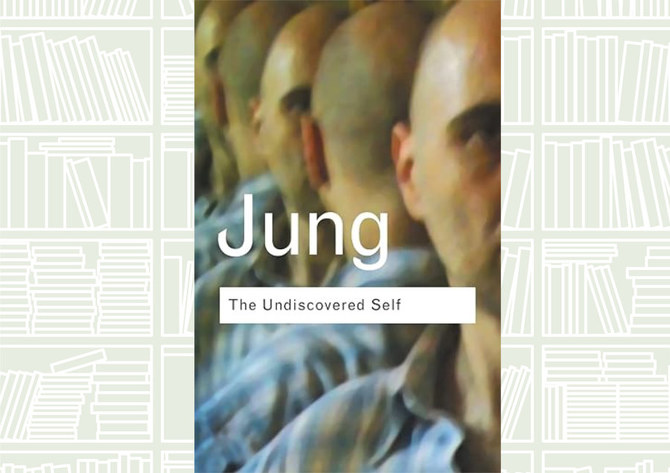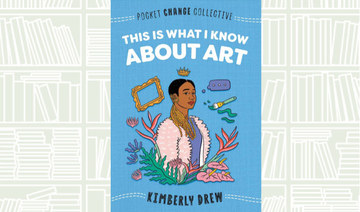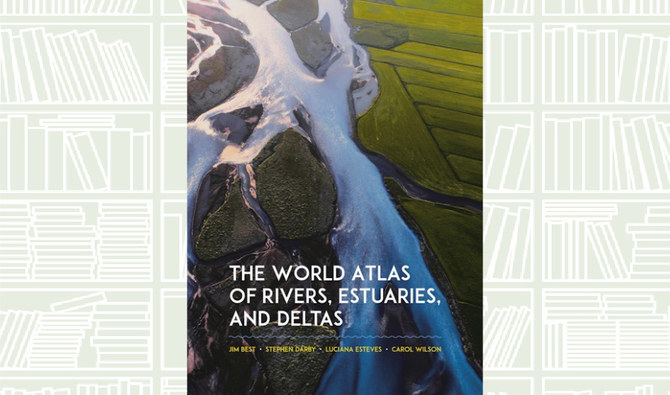Author: David Gilmour
The British in India: A Social History of the Raj is a brilliant historical account, which avoids over simplifications or political posturing.
Author David Gilmour states: “This book is a social history rather than a political one, and it is about individuals rather than institutions.”
“With The British in India: A Social History of the Raj, Gilmour, metaphorical microscope in hand, has written a broad-ranging but precise and intimate examination of the British men and women who served and lived on the subcontinent,” said Isaac Chotiner in a review published in The New York Times.
“Gilmour does not offer much in the way of assistance to people who may be unfamiliar with the workings of the British administration in India, or the contours of Indian history, but he is so wide-ranging and diligent that it almost doesn’t matter,” said Chotiner.
William Dalrymple, reviewing the book The Guardian, said: “All British colonial life in India is here presented in elegant prose.”
“Gilmour, author of biographies of Rudyard Kipling and Curzon, in this book draws on more than 30 years of research in the archives, and presents an astonishing harvest from diaries, memoirs, letters and official documents of the era.”


